Walter Kohn
Authors: Christian Robisch, Maximilian Skotnica

Prof. Dr. Walter S:G. Kohn
Walter Kohn grew up in Lichtenfels and had to flee to England, arriving there in June 1939 on a Kindertransport. There he began his academic career, which he completed as Professor of Economics and Political Science at Illinois State University in the USA.
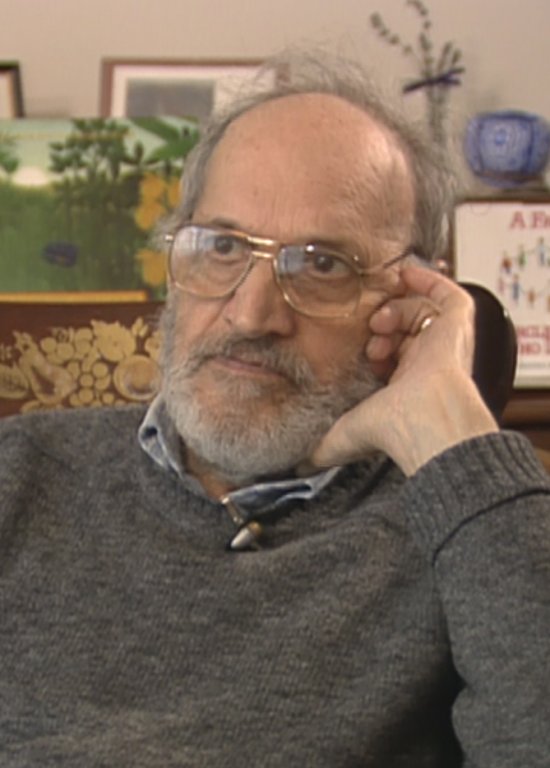
Origin
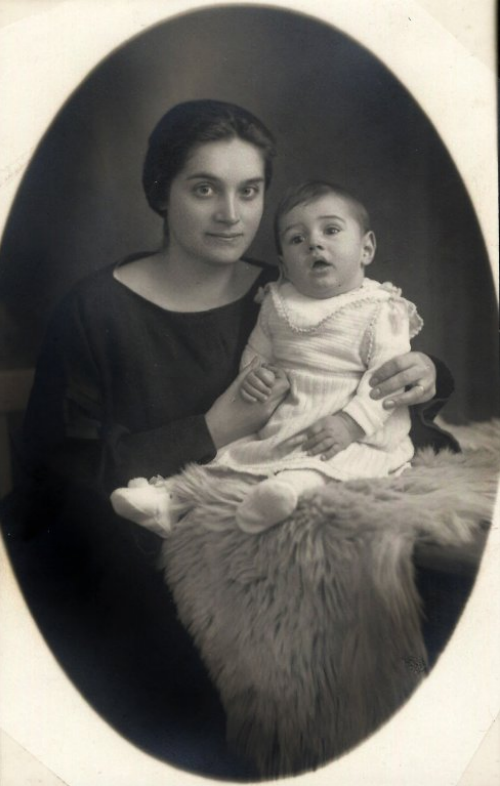 Family property
Family propertyHe was born in Lichtenfels on May 16, 1923. His mother, Lilly Kohn, came from the prestigious Lichtenfels basket trading company Brüll und Kohn; her marriage to Hans Gerst, a Bamberg hop merchant, ended in divorce after one year in 1923, and Lilly raised her son alone.
Although the family business collapsed in the world economic crisis of 1932, Walter Kohn had fond memories of his childhood in Lichtenfels; he did not have to endure any rejection or discrimination during his elementary school years until 1933. He spoke fondly on bicycle tours to Vierzehnheiligen.
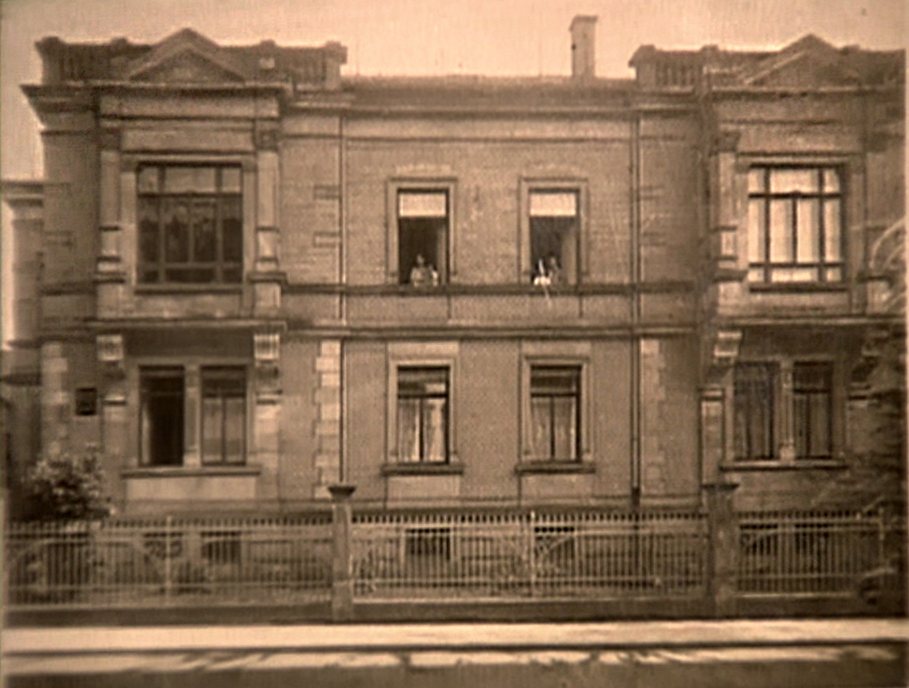 Family property
Family property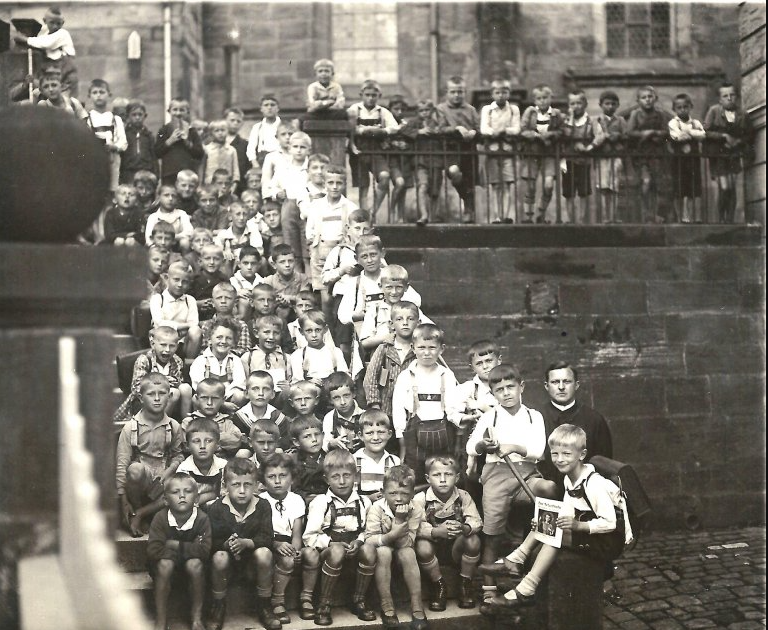 Family property
Family propertyYouth under National Socialism
On March 30, 1933, Walter passed the entrance examination for the Realschule (today's Meranier-Gymnasium Lichtenfels), which his grandfather, Samuel Kohn, had helped found and where he was now the only Jew.
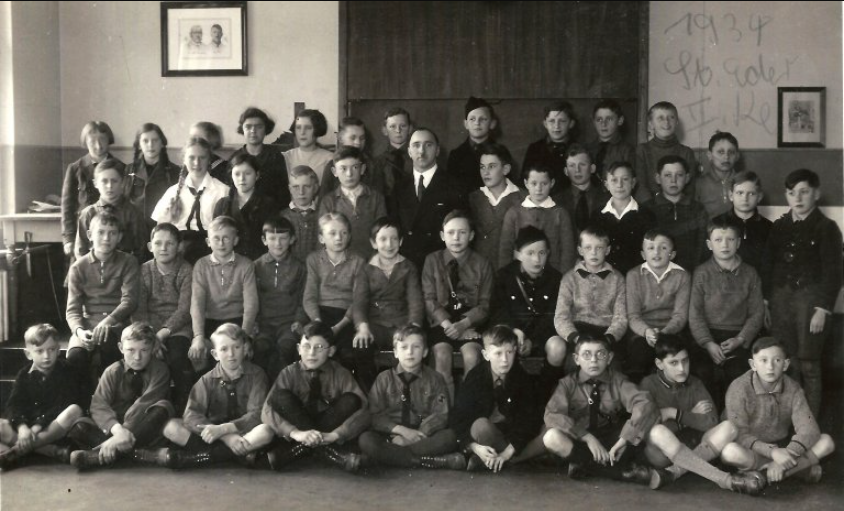 Family property
Family propertyWalter Kohn experienced the first anti-Semitic incidents starting in 1933, beginning with students making occasional derogatory remarks and slogans; but the generally changing image of the town, meant here by signs such as "Jews are not wanted here" or Nazi flags and uniforms, also contributed to the increasing exclusion of Jews. Harassment such as slashed bicycle tires or direct, though still moderate, physical violence increased
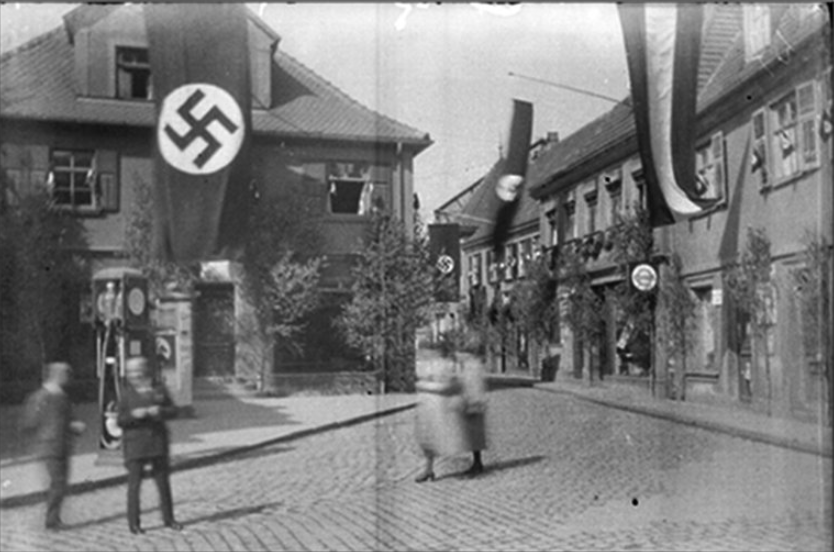 MBL
MBL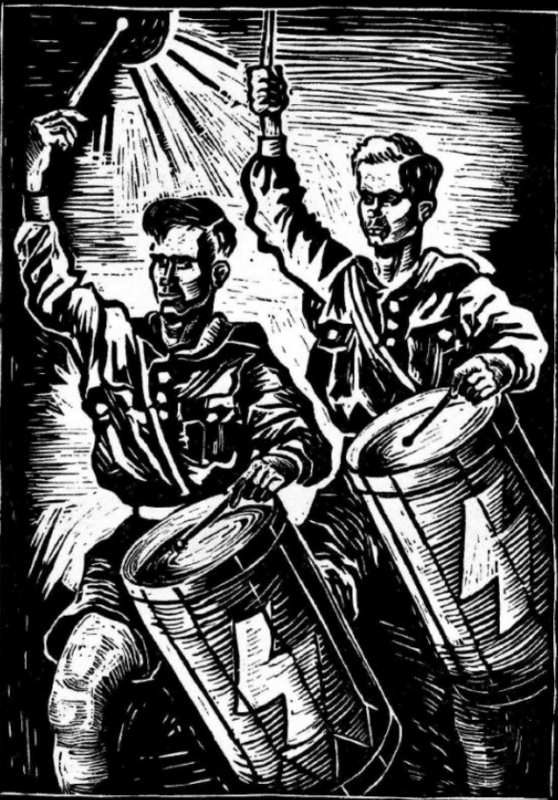
For a more detailed account, see here.
In 1934, Lilly and Walter had to move out of the rented apartment in their parents' house in Kronacher Straße 20 (now owned by the Sparkasse) because it became the Nazi party headquarters; mother and son were also expelled from the apartment they subsequently moved into in Bamberger Straße in 1937 because the living space was allegedly needed for a war-related business. They moved into a small apartment on the second floor of the Jewish community center in Judengasse next to the synagogue.
Easter 1936, Walter Kohn was expelled from school as a Jew despite excellent grades and had to attend the Higher Jewish School in Coburg.
The 9th of November 1938 - the pogrom night
Walter Kohn was able to observe the desecration and looting of the synagogue on the pogrom night of November 9 to 10, 1938 directly from his living room window. His report vividly depicted the atrocities.
On this fateful night Jewish houses and the synagogue in Lichtenfels were stormed and vandalized, Jews were taken into "protective custody" as well as beaten up. After this event, the Kohn family decided that they had no choice but to emigrate.
Escape to England
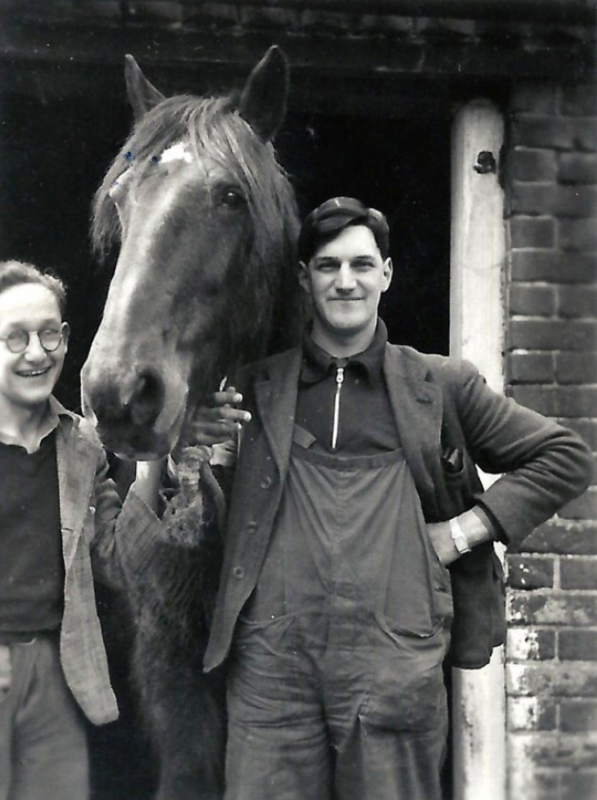 Family property
Family propertyLilly and Walter obtained the necessary papers to immigrate to Great Britain through Lilly's brother Max, who had been living and working in England since 1932. Walter's work permit for England, however, was delayed, so that he had to stay behind alone in Lichtenfels as a sixteen-year-old. Only in June 1939, after three months, was he able to follow his mother. He arrived in England on a Kindertransport.
He worked as an agricultural helper routing German prisoners of war to work on British farms. Walter earned a Bachelors degree from the London School of Economics during this time.
A new life in the USA
In 1947, Lilly and Walter emigrated to the U.S. (New York); Walter worked during the day as a commercial clerk in a paint store to finance his studies in economics and politics, earning a PhD and the title “Doctor”.
For more than three decades, he taught and conducted research, published books and articles as a professor in the Department of Political Science at Illinois State University (ISU). Illinois State University continues to present the Walter S. G. Kohn Award annually to students of European politics.
In 1955, he married Rita Tevelowitz, a teacher, journalist, and playwright, with whom he had three children.
He visited Lichtenfels twice; on his trip in 1992 he gave a lecture in the town castle about the time in the Nazi dictatorship.
Dr. Walter S.G. Kohn died in 1998.
 Family property
Family property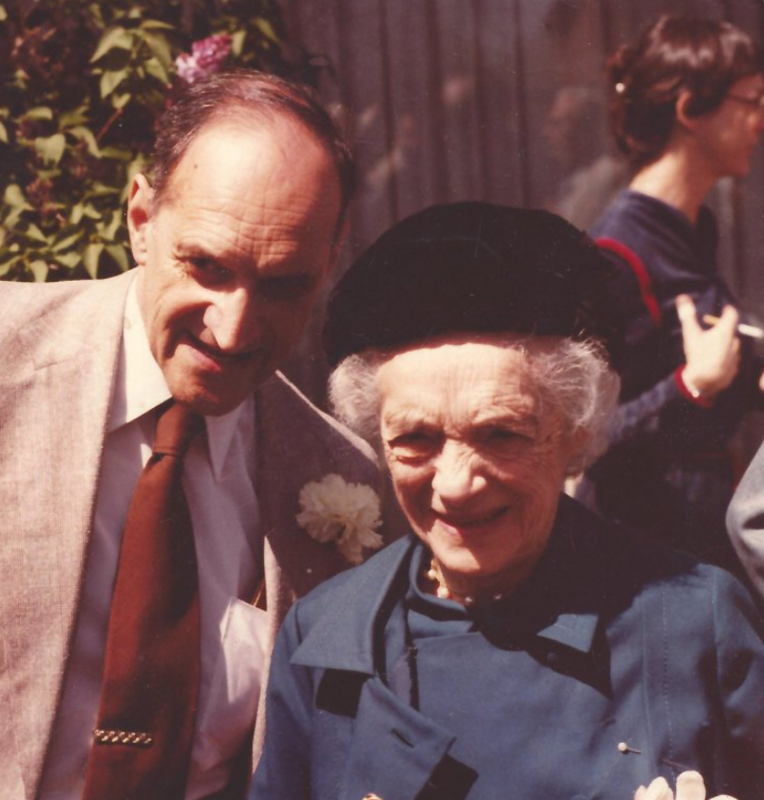 Family property
Family property